Menu
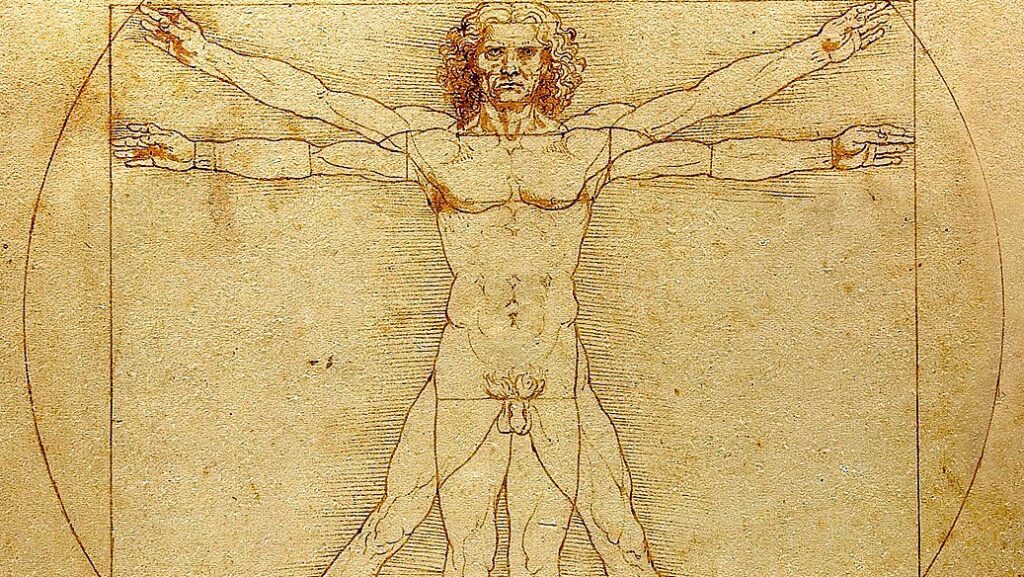

Falling in love with Christianity is unlikely to strengthen anyone’s faith in the ultimate value of our liberal heritage.
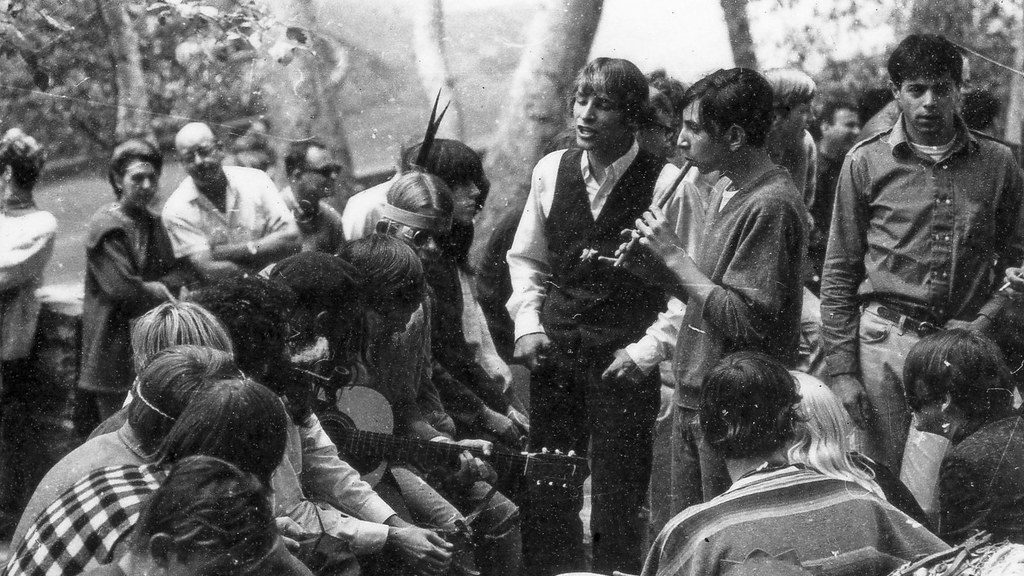

While we need not succumb to Adorno’s demoralizing miserabilism, we might agree with him that modern life is profoundly damaged in ways both subtle and overt.
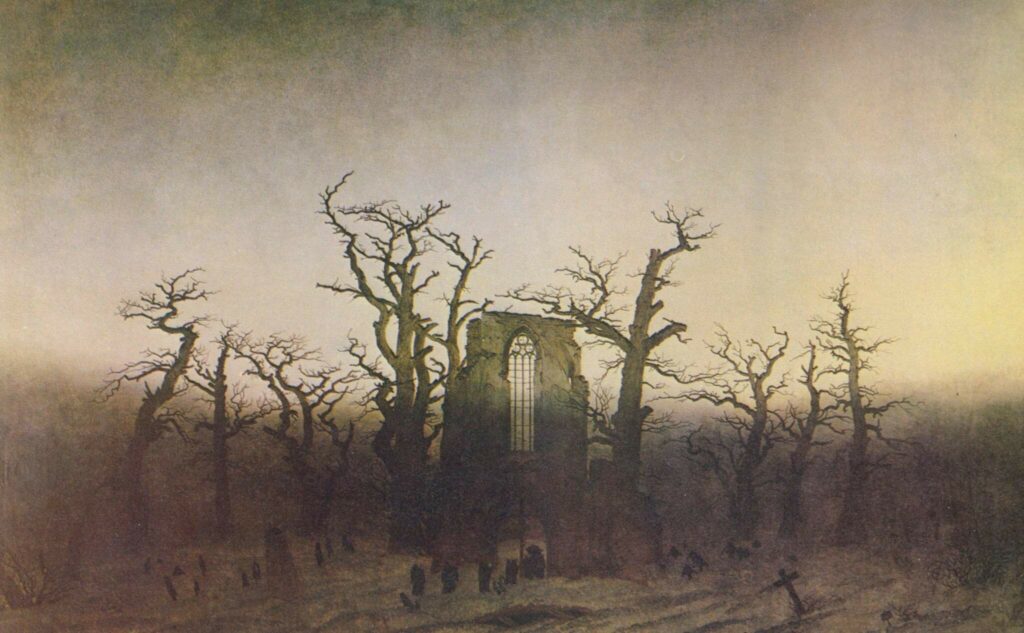

If we do not wish for our reality to become a boundless, shapeshifting simulacrum, we may just need to rebuild the entire modern worldview from the ground up.


To apply to myth the reigning science of the day, in an attempt to transform it into a factual chronicle of human affairs, means inevitably to mangle what is most intrinsic to myth: its kaleidoscopic abundance, its playfulness, its immeasurable depth.
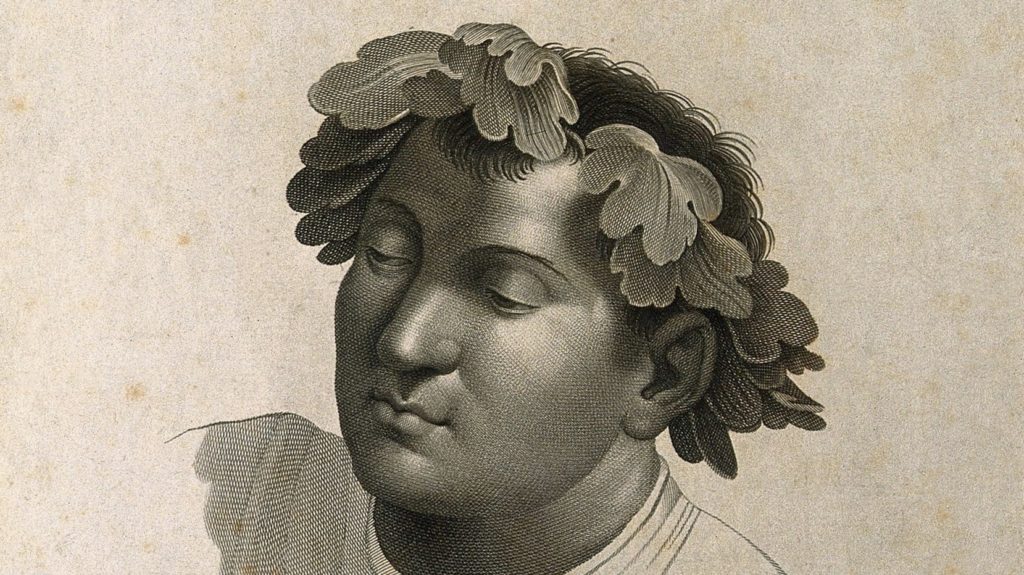

The ideal of brotherhood is supposed to put everyone on equal footing. In reality, it has served as a moratorium on the cultivation of fatherly responsibility, barring everyone from the requisites for adulthood.
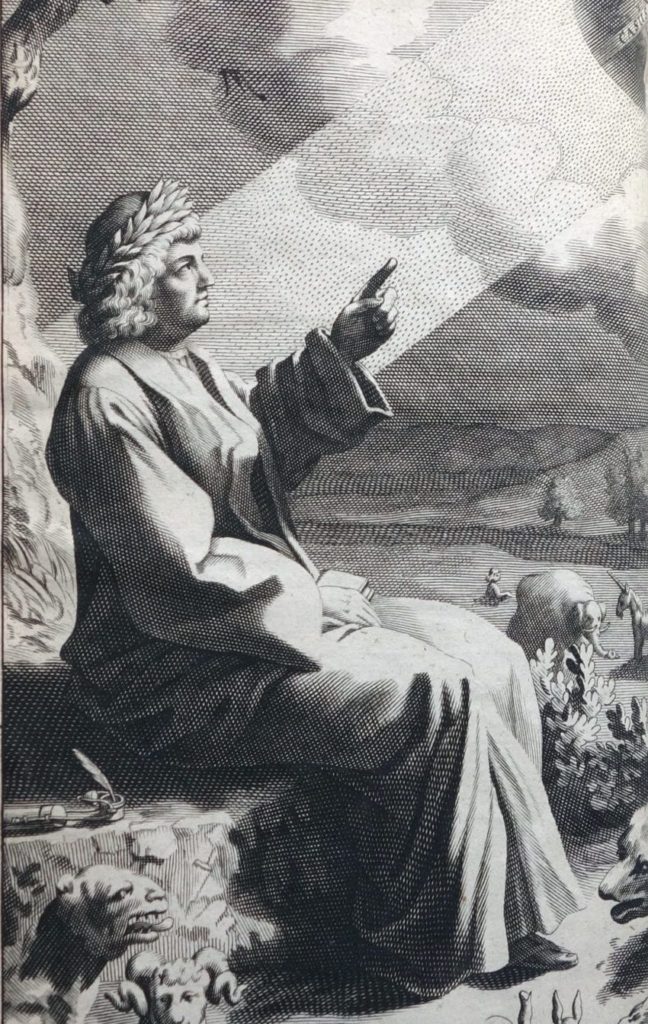

This world, as it figures in Lucretius’ magnum opus, is of Epicurean make. It is a world denuded of divine influence, reduced to a drab and tranquil steadiness. Its substantial uniformity also foreshadows, to an uncanny degree, the empirical emptiness of modernity.
To submit a pitch for consideration:
submissions@
For subscription inquiries:
subscriptions@